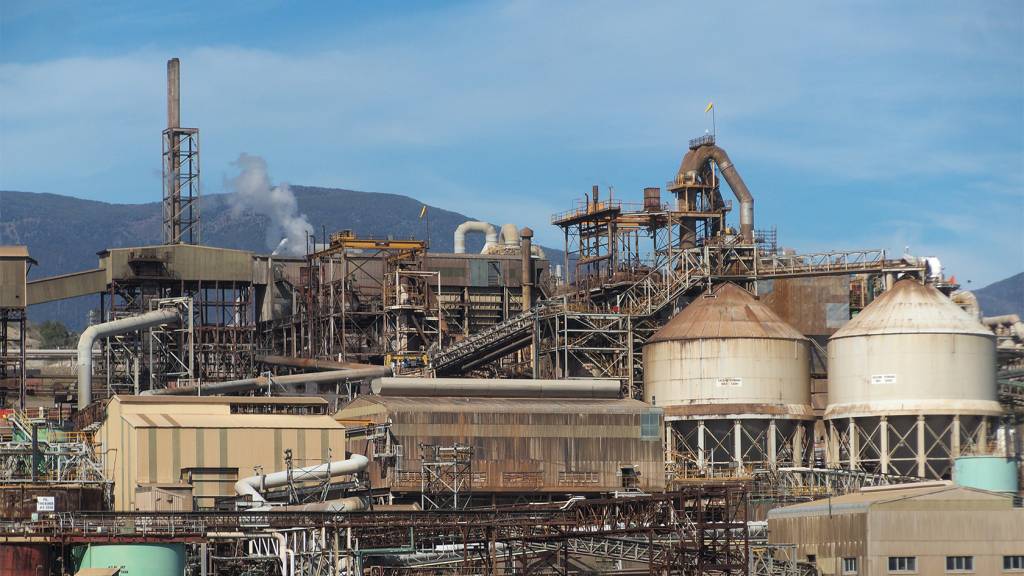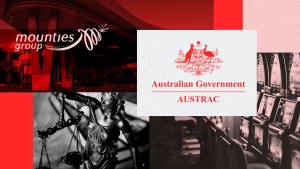While Australian policymakers pretend Australia is a medium-sized market economy with a commitment to free trade and the rule of law, the reality is often very different.
As in other economies that deregulated in the 1980s and 1990s, the changing role of government became less about governments getting out of the way of the private sector than of governments being manipulated by the private sector — especially in the form of large corporations in concentrated markets. In our current economic era of post-neoliberalism, corporations extracting regulatory and financial wins from government is becoming more important than ever.
There are more formal, accepted and sleazier, less reputable ways for vested interests to manipulate governments. However, the outcomes in terms of impact for the public, and the national interest, tend not to vary a great deal: a grubby property developer bribing their way to approval of a high-rise apartment building; a business group succeeding in protecting a tax rort via lobbying, submissions, polling and a PR campaign; or even the CFMEU using its status within the Victorian ALP to thug a rival union off projects. All are variations on a theme, with the public always the loser.
In Sydney, the manipulation tends toward the sleazy, partly because the industry that has most captured the city and the state government, the entertainment-gambling sector, is itself sleazy. Yesterday saw another moment of manipulation, with the hopelessly captured Minns government caving in to the terminal Star Casino and its rival Crown, delaying for another two years the introduction of a lower cash limit on daily gambling — from $5,000 to $1,000. The Minns government has already delayed the introduction by a year. It’s another win for the entertainment-gambling behemoth.
Related Article Block Placeholder
Article ID: 1215974
Further wins yesterday for shipbuilder Austal, and smelter firm Nyrstar, involving the federal government and, in the latter case, the South Australian and Tasmanian governments, aren’t much different, although the rationale for them involves the invocation of post-neoliberalism’s phrase du jour: sovereignty.
Independent. Irreverent. In your inbox
Get the headlines they don’t want you to read. Sign up to Crikey’s free newsletters for fearless reporting, sharp analysis, and a touch of chaos
By continuing, you agree to our Terms & Conditions and Privacy Policy.
Austal, a deeply troubled shipbuilder, continues to enjoy regulatory and financial largesse from the federal government that is resistant to any number of scandals. It has been fighting a takeover bid from South Korea’s Hanwha, and yesterday announced it would become the government’s “strategic shipbuilder” via a new subsidiary that will build more than two dozen boats and in which the Commonwealth will have a single “sovereign share” that can veto any acquisition.
The word “sovereign” was used repeatedly by Austal, including that “the Commonwealth seeks to ensure Australia’s Defence procurement possesses sovereignty and greater certainty and resilience across the naval ship supply chain”. (Austal was also in the media recently pushing for the government to shore up US support for AUKUS by accelerating investment in the Henderson shipyard in Western Australia — investment that would benefit Austal enormously.)
Meanwhile the Albanese government, along with South Australian and Tasmanian taxpayers, will be handing $135 million to corrupt multinational Trafigura, via its wholly owned subsidiary Nyrstar, to prop up unviable smelters in Hobart and Port Pirie. The justification? “Supporting sovereign capability in defence and advanced manufacturing.” Further down, the media release from Industry Minister Tim Ayres simply refers to “Australia’s sovereign capability”.
“Sovereign” is thus becoming a policy justification in and of itself; it doesn’t have to be linked to anything in particular. It’s just… “sovereign”.
Related Article Block Placeholder
Article ID: 1212761
The idea evolved from “strategic” — the argument pushed by protectionists that certain industries were “strategic” and thus the usual rules didn’t apply to helping them — with a dash of “security” thrown in (remember “food security“?). By employing “sovereign”, like its predecessor terms, advocates hope people will abandon their scepticism and critical faculties and just accept that governments need to prop up such industries. The aftermath of the pandemic has also turbo-boosted industries insisting that countries protect their “sovereign capability”.
Trafigura won’t be the last corrupt corporation to get in on this giggle: world-class tax-dodger Glencore has been pushing for billions from Queensland and the Albanese government to prop up its Mt Isa copper smelter. Why? Because sovereign.
These corporations have the national security industry onside. China hawks love “sovereign” in the face of what they argue is a sinister Chinese plot to dominate rare earths manufacturing. It chimes perfectly with the line coming from the likes of Trafigura and Glencore that they can’t compete with highly subsidised Chinese smelters.
What’s missing from these handouts — with nothing to stop these companies from coming back next year and threatening to shutter their smelters again unless they get more cash — is any consideration of alternatives. The Productivity Commission recently detailed all the problems with “sovereign” and suggested consideration be given to alternatives like “friendshoring” and stockpiling.
One alternative not suggested by the PC is the government acquiring companies for “sovereign”. If having a “sovereign share” in Austal’s protectionist shipbuilding venture is justified, why not government acquisition of Glencore and Trafigura’s smelters? Rather than Australian taxpayers tipping cash into the balance sheets of foreign multinationals because “sovereign”, swap the cash for equity and control. After all, what will Glencore and Trafigura do? They were already threatening to shut them.
Instead, we’re left with handouts to rotten corporations with little accountability. They might lack the stench of sleaze that emanates from Sydney, but for the community, they’re little different, no matter how you dress them up with high-minded justifications.


